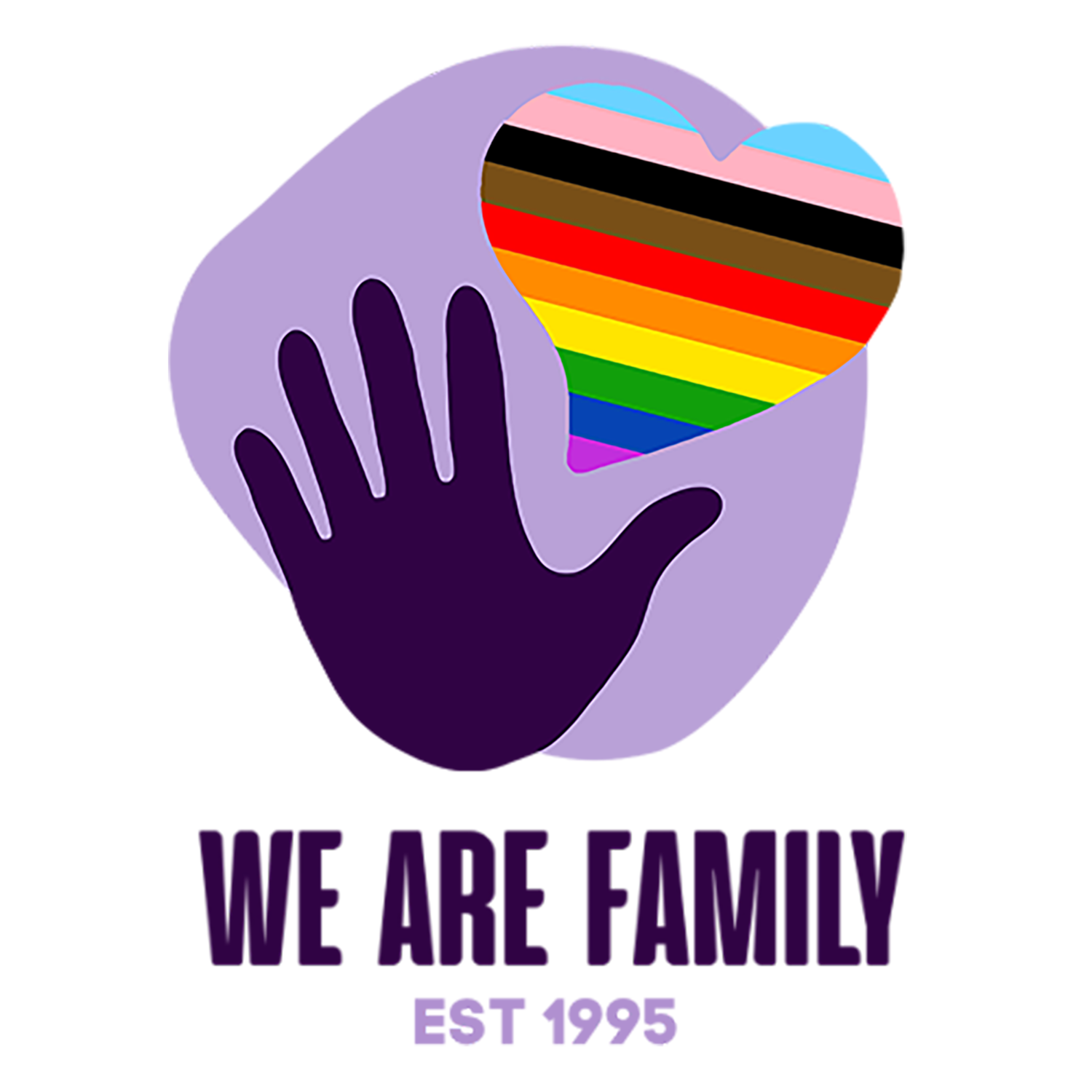NEW TO THERAPY? HERE ARE SOME IMPORTANT THINGS TO KNOW!
IS THERAPY FOR ME?
One of the most essential parts of beginning therapy is that you feel like you can trust and have a good connection with your therapist. Not having a good relationship with them can make it hard to talk about your struggles, hopes, and goals.
DON'T THERAPISTS HAVE TO TELL MY PARENTS or guardians EVERYTHING I SAY?
Therapists have to maintain your confidentiality. This means that a therapist does not tell others what you talk about in sessions UNLESS they have to. They sometimes may help you talk to your parents/guardians about important things or have you all come together to talk about concerns. The only times a therapist will have to tell people what you talk about is when you are being hurt, thinking about hurting yourself, or hurting others.
WHAT IF I FEEL UNCOMFORTABLE TALKING TO SOMEONE?
Voicing our concerns can be hard when talking to someone we just met, but that is how a therapist can get to know you and figure out the best ways to help! Therapists are good at understanding when things are scary or anxiety-inducing; they will give you time to process what is going on and help you open up.
WHAT IS THE FIRST STEP OF BEGINNING THERAPY?
There might be a lot of paperwork. Many therapists use forms to understand things about you: who you live with, what school you go to, what has been going on in your life, how you feel, etc. This is to help the therapist learn more about your life and might ask questions that you wouldn’t think of answering. Also…you usually only have to fill out all this information once!
CAN I ASK MY THERAPIST QUESTIONS?
Meeting someone new who you are supposed to share your feelings, thoughts, and secrets with can be scary. Make sure to ask any questions you may have! It can be anywhere between their favorite color, what their pronouns are, to what to expect during your sessions, or if they practice anti-racist work in their practice. As long as the questions are appropriate, your therapist will be more than happy to answer them for you.
HOW IS THE MHAP DIFFERENT?
The therapists that are a part of WAF’s Mental Health Assistance Program are vetted. We have spent a lot of time finding the most inclusive and understanding therapists we can refer our youth to.
We take the time to tailor your therapy experience as best we can by matching clients with therapists that hold intersectional identities that are important to them.
All therapists in our program also complete training with our Queer Youth Approval Board to give the therapists more information on what it is like to be an LGBTQIA+ youth.
HAVE MORE QUESTIONS ABOUT WHAT THERAPY IS LIKE? FEEL FREE TO EMAIL OUR DIRECTOR OF MENTAL HEALTH PROGRAMS AT CHANDLERM@WAF.ORG
